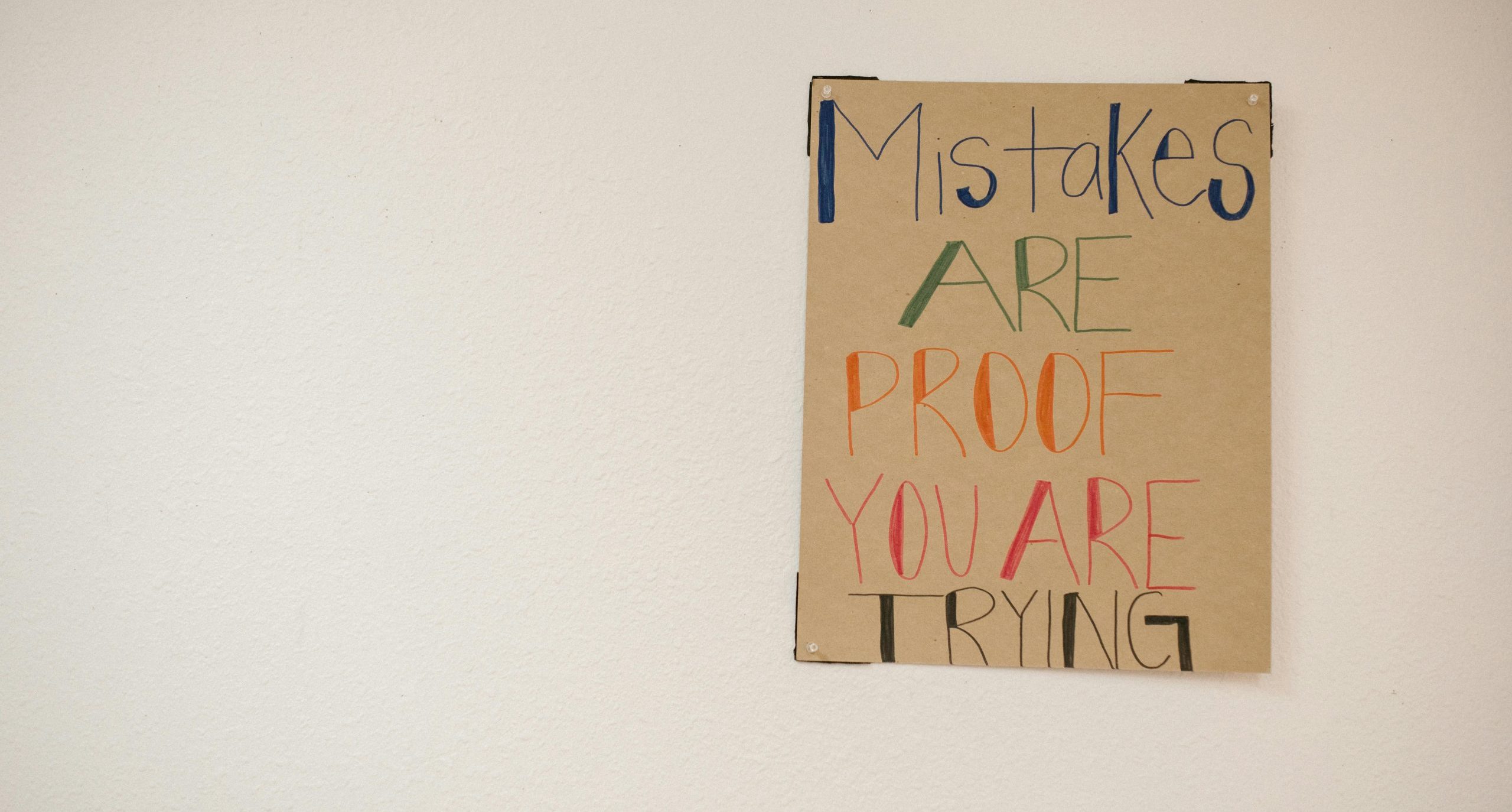Failure. It’s a word most people avoid, especially in government work where stakes are high, public trust is paramount, and scrutiny is ever-present. But what if failure wasn’t something to fear but a steppingstone to success? The truth is, progress often comes hand-in-hand with risk, and creating a safe space for experimentation and failure can lead to breakthroughs that change the game.
The Value of a Safe Space for Experimentation

When teams are afraid to fail, they tend to stick to what’s safe and known. But innovation demands stepping into uncharted territory, testing new ideas, and, yes, sometimes falling short. In government, where every dollar is accountable and every decision impacts citizens, encouraging calculated risk can feel counterintuitive. However, the agencies willing to embrace this mindset often reap remarkable rewards.
By fostering an environment where employees feel safe to experiment, government organizations can accelerate learning and unlock solutions that might otherwise remain undiscovered. These lessons, even when hard-won, are the building blocks for meaningful progress.
Risk That Paid Off
Take the U.S. Department of Veterans Affairs (VA). To address the challenge of improving veterans’ access to healthcare, the VA launched the Access to Care website as a pilot. Instead of attempting to perfect the platform before rollout, the team chose to release an early version to gather feedback from users. By being open to criticism and adjustments, the VA iterated quickly and created a tool that empowers veterans to view wait times, compare facilities, and make informed healthcare decisions.
Another example is the city of San Diego’s use of smart streetlights. Originally installed for energy efficiency, the city later experimented with using them to collect traffic data. Not every aspect of the initiative was successful — privacy concerns required adjustments — but the program demonstrated the potential of repurposing existing infrastructure to solve new problems.
Building a Culture That Welcomes Failure
How can your agency create an environment where calculated risks and experimentation thrive? It starts with leadership that champions the idea of learning from failure and empowers teams to innovate without fear of blame. Here’s how:
- Set the Tone: Leaders should openly discuss their own lessons from failure to normalize it as part of the process.
- Pilot First, Scale Later: Experimentation doesn’t mean jumping in blindly. Start with small-scale pilots, analyze results, and scale what works.
- Celebrate Lessons Learned: Whether a project succeeds or not, treat it as an opportunity to gather insights and apply them to future initiatives.
- Encourage Collaboration: Cross-departmental teams often bring fresh perspectives and innovative ideas.
Why It Matters
In a world of rapid technological advancements and complex challenges, playing it safe is the riskiest move of all. Citizens’ needs are evolving, and agencies must adapt. Embracing failure as part of the journey allows government organizations to stay nimble, proactive, and ready to tackle the unknown.
Failure isn’t the end — it’s the beginning of growth. By granting your team permission to take risks, you’re also giving them permission to discover what’s possible.
So, the next time a bold idea comes across your desk, consider this: What’s the worst that could happen? More importantly, what’s the best?
Tim is a seasoned executive with over 10 years of experience leading IdeaScale’s Public Sector and Defense business. He’s a trusted resource with deep knowledge of government and defense community innovation challenges, particularly in the area of nuclear nonproliferation. Tim spearheads global expansion efforts in LATAM, Brazil, MENA, and Sub-Saharan Africa, fostering a culture of innovation across the public sector. Fluent in Chinese and an avid traveler, Tim brings a global perspective to complex challenges. His expertise lies in guiding government agencies to leverage technology to solve critical missions.





Leave a Reply
You must be logged in to post a comment.